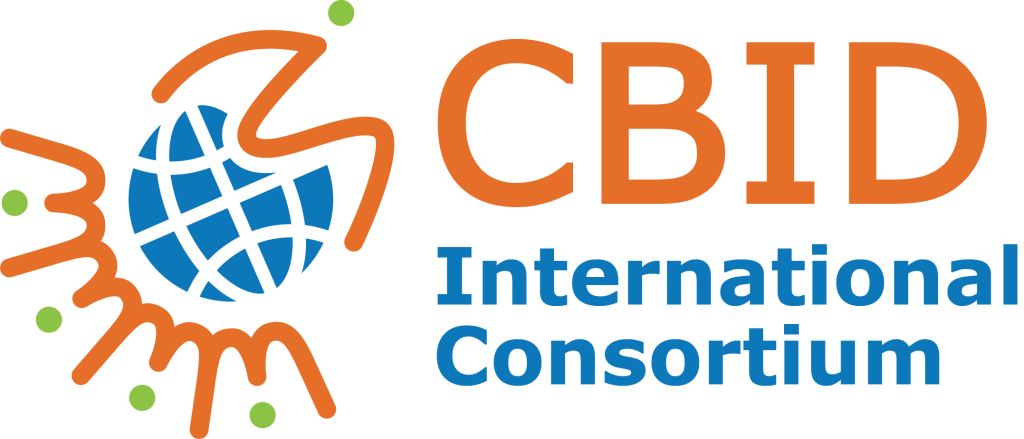About CBID
The CBID International Consortium traces its origins back to the aftermath of the 2010 super flood, when Doaba Foundation launched the CBID project in Muzaffargarh with support from CBM. This initiative aimed to address various community needs, including Disaster Risk Management (DRM), livelihoods, health, education, and social welfare. The project’s first phase saw the formation of 8 Organization of Person with Disabilities (OPDs) committed to implementing the CBID approach. In its subsequent phase, the CBID project expanded its scope to strengthen 17 DPOs across the south Punjab region. Emphasizing project cycle management and spectrum, this phase aimed to enhance local capacities, transforming CBID into a grassroots movement advocating for inclusive development.
A pivotal outcome of this phase was the launch of the Disaster Risk Reduction and Resilience (DIDRR) project. This project focused on capacity building for Organization of Person with Disabilities (OPDs) in DIDRR strategies, alongside fostering partnerships with key stakeholders such as CBM’s partners in Pakistan , NHN, CBID, Indus Consortium, and Ready Pakistan within the broader country context.The Doaba Foundation’s efforts were further recognized with the Multan declaration and subsequent achievement of the CBID Innovation Fund Award. These accolades marked significant milestones, and CBID International Consortium emerged. This transition empowered the Doaba Foundation to continue its mission on a broader scale, leveraging collaborative partnerships and innovative approaches and resilience.
Today, the CBID International Consortium stands as a testament to sustained dedication in promoting inclusive development and building resilient communities through cooperative efforts and strategic initiatives.
